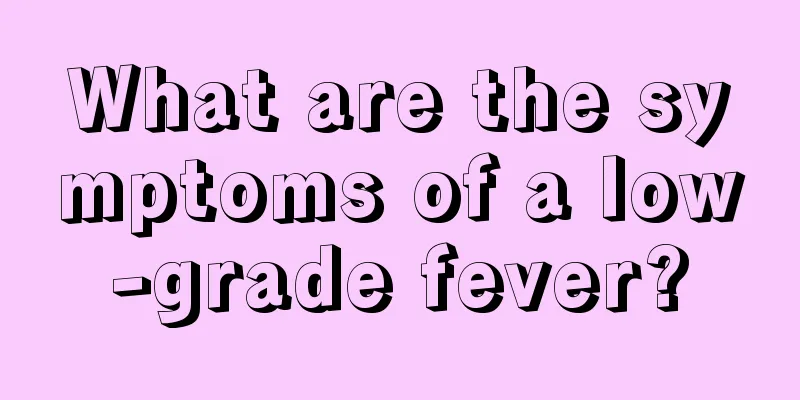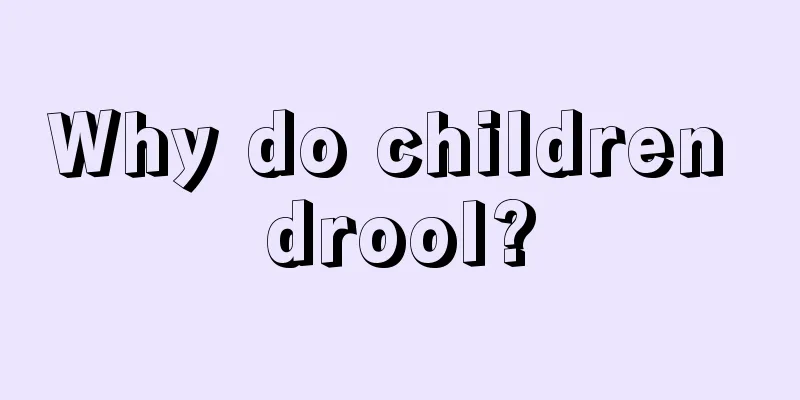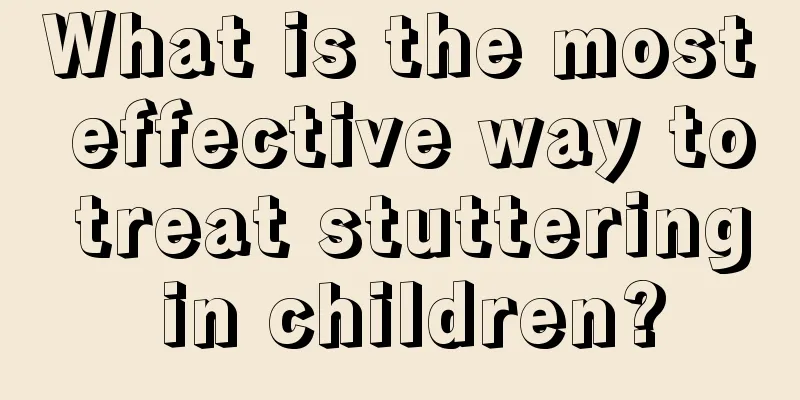What are the symptoms of a low-grade fever?

|
Parents are the most anxious when their babies have health problems, because babies are too young to express to their parents where they are uncomfortable, which may delay treatment. Although fever is not a very serious disease, if left untreated, high body temperature can directly cause brain damage. What are the symptoms of a low-grade fever in a baby? Parents, let’s learn about it together. 1. What are the symptoms of a low-grade fever in babies? 1. Physiological low fever. Children's body temperature fluctuates between day and night, and is slightly higher in the afternoon, but the fluctuation generally does not exceed 1°C. Factors such as children's activities, crying, thick clothing, and high room temperature can increase children's metabolism and cause transient low fever due to excessive heat production, which is called physiological low fever. 2. Constitutional low fever. Constitutional hypothermia is a type of functional hypothermia. The characteristics are that the body temperature in the morning is slightly higher than that at night, accompanied by sweating, fatigue, poor appetite and other symptoms. There are no systemic signs, and chest X-ray, erythrocyte sedimentation rate and other examinations are normal. Taking antipyretic drugs is ineffective for low fever, but the low fever can subside on its own. This constitutional low fever generally does not affect health. 3. Seasonal low fever. It often occurs in the summer and is a common disease in infants and young children. It is commonly known as summer fever in children. The characteristic is that the body temperature changes with the seasons. The body temperature rises in summer, and is often manifested as long-term low fever, thirst, frequent drinking, frequent urination, no sweating, fatigue, etc. Seasonal low fever is a kind of functional low fever. When the climate improves, the body temperature returns to normal, and the same low fever symptoms may appear at the same time in the second year. 4. Infectious low-grade fever. Low fever in children after suffering from acute infectious diseases such as measles, diphtheria, whooping cough, or after recovering from pediatric infectious diseases is mostly related to autonomic dysfunction and disorder of the child's temperature regulation center. Physical examinations and laboratory tests may be normal. 2. What should I do if my baby has a low-grade fever? 1. If the baby's body temperature is between 37.4℃~38℃, it can be considered a low fever. There are many causes of low fever, such as colds, certain vaccines, etc. 2. There is no need to rush at this time. Let your baby rest more, drink more water, and increase the body's metabolism. 3. If the low-grade fever persists, for example, for more than 36 hours, or if there are other symptoms, you should go to the hospital for examination. In general, if the baby has a low fever, you can first use some physical cooling methods and feed the baby more water. However, if the baby still has a low-grade fever after 36 hours, it must be taken seriously and sent to the hospital immediately to avoid danger to the baby. Well, that’s all for today. I hope it will be helpful to you. |
<<: Nighttime Teeth Grinding in Children
>>: Children often have low-grade fever
Recommend
How to treat a child's trachea
It is common for children to have poor trachea in...
How is Mycoplasma pneumoniae infection treated?
Mycoplasma pneumoniae infection is a disease caus...
What to do if your child has bronchitis? This is scientific therapy!
Viral and bacterial infections can cause pediatri...
Causes of fever in baby's hands and feet
Careful parents will find that their baby’s hands...
What to do if your child has stomatitis
Children’s health is always a concern for their p...
What to do if your child has enlarged adenoids
There are many common diseases in life, and any d...
Is hand, foot and mouth disease easy to treat?
After contracting hand, foot and mouth disease, t...
Symptoms of renal hypertension in children
Many elderly people are prone to renal hypertensi...
Why do children sleep with their mouths open?
Many parents have reported that their children li...
Hand, foot and mouth disease treatment and care
Hand, foot and mouth disease is a very serious di...
How can I relieve my child’s persistent fever?
Children's resistance is not as strong as tha...
Baby has repeated fever
The baby's body is relatively fragile. At thi...
The newborn's belly button has not fallen off for more than 20 days
We all know that when the baby is in the mother&#...
What to do if you have a high fever of 38 degrees
I believe everyone is familiar with symptoms such...
What to do if your child can't sleep well
The healthy growth of children is a topic that ev...









